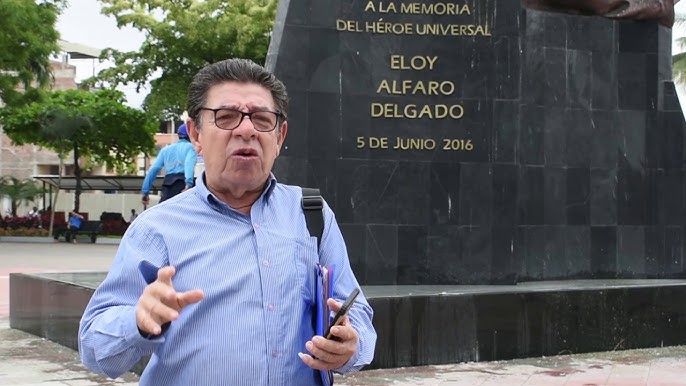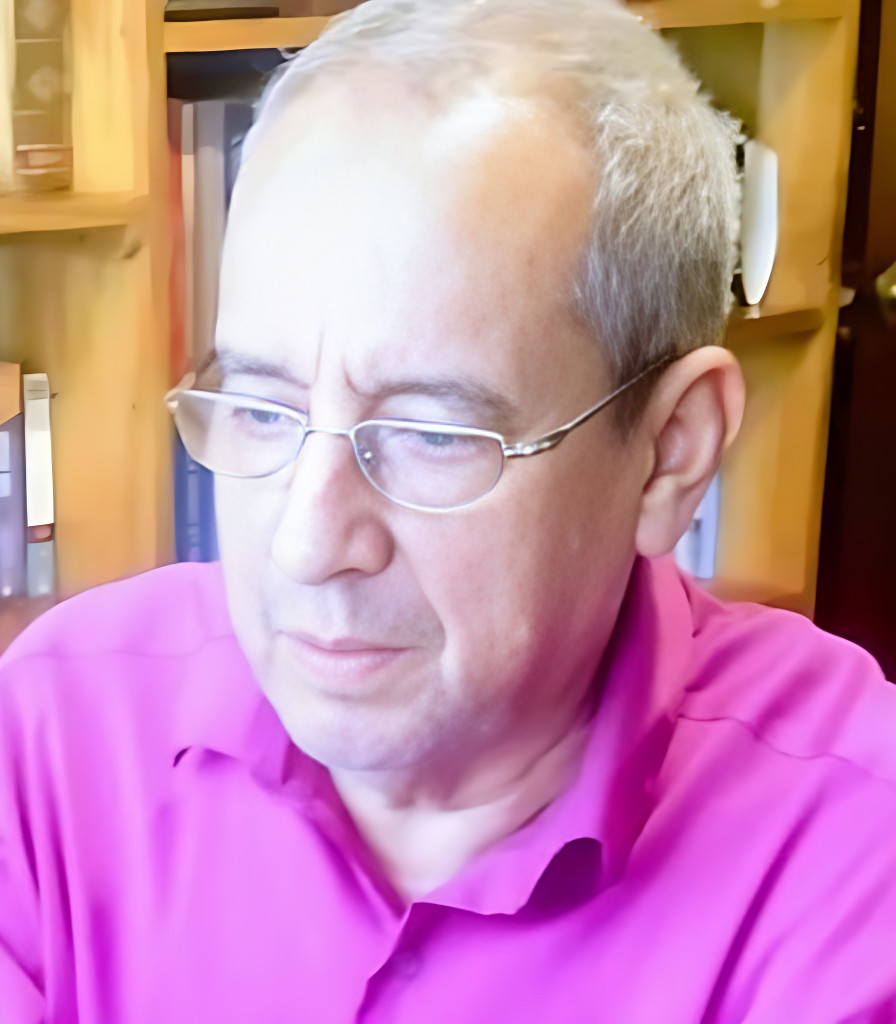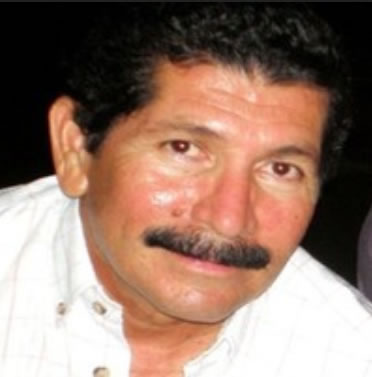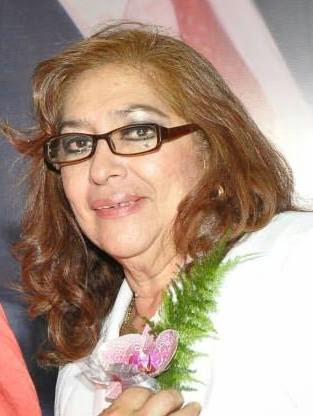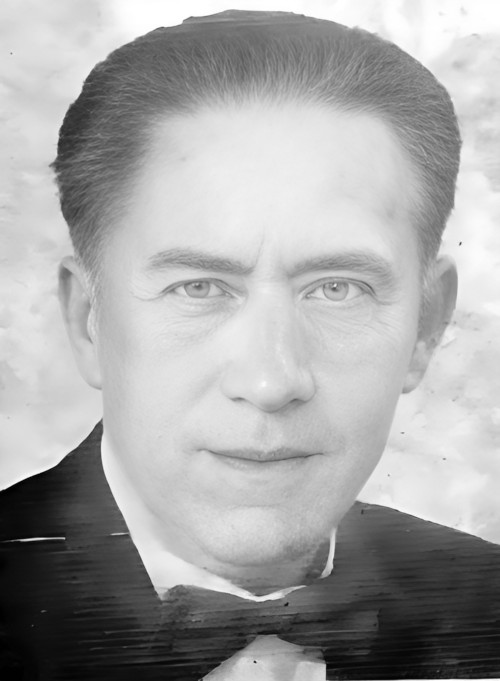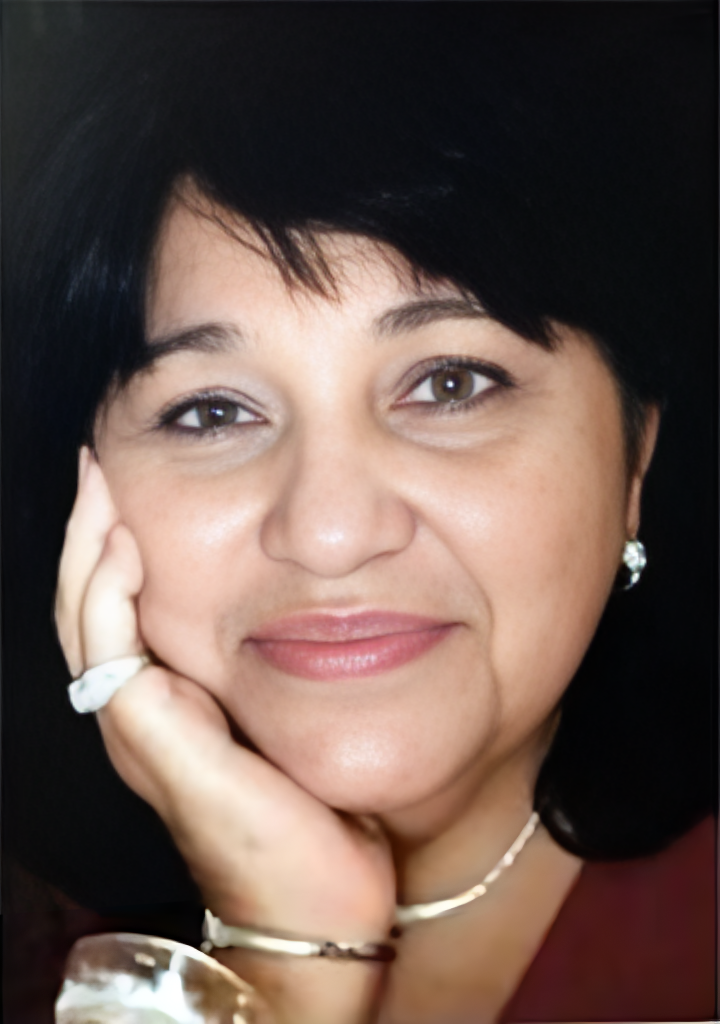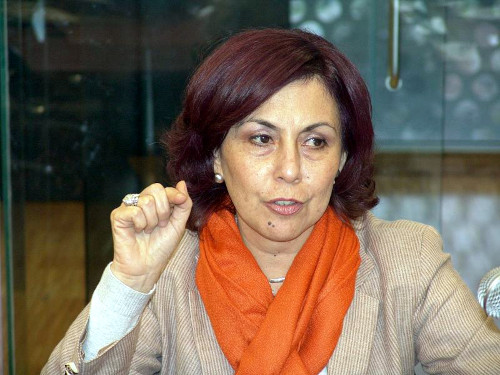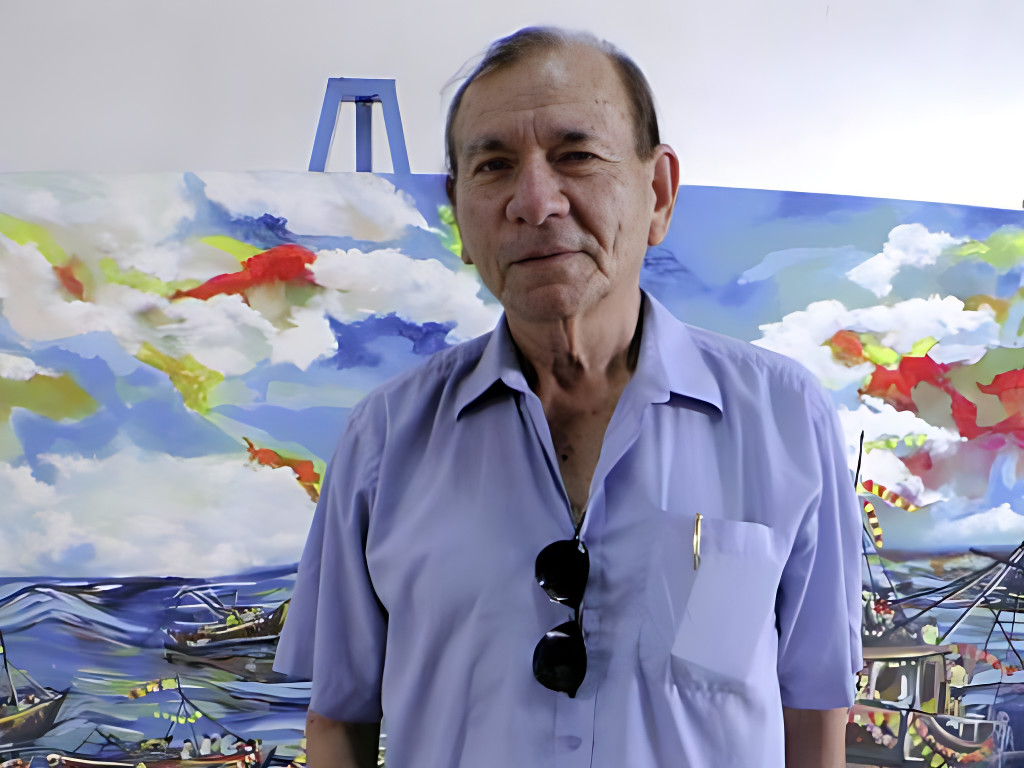Carlos Alejandro Ardila Ardila (Portoviejo, Ecuador, August 23, 1951), often referred to simply as Carlos Ardila, is an Ecuadorian poet and cultural promoter, widely known as “El Poeta del Pueblo” for his accessible and community-focused poetry. Ardila began writing in his teens, and his career now spans over five decades, with numerous published works, including Poesía Eterna (2002), Hablemos de Amor (2011), and A Mi Manera (2017), the latter archived in the prestigious Archivo de Indias in Seville, Spain. His poetry reflects themes of romance and social awareness, capturing the lives and struggles of his community in Manabí.
Continue reading “Carlos Alejandro Ardila”Category: Writers from Portoviejo
Fernando Macías Pinargote
Fernando Macías Pinargote (Portoviejo) is an Ecuadorian author, poet, and academic known for his contributions to the cultural and literary landscapes of his home province of Manabi. His illustrious career spans roles as a cultural promoter, a newspaper editorialist, a professor, and a director of various cultural institutions. Macías Pinargote’s literary repertoire is equally impressive, featuring diverse works from poetry collections like “El bus de las 5” (1976), “Teoría del juego” (2007), and “El signo” (2011) to journalistic chronicles like “La Primera pantalla” (2003) and his latest work in 2023, “El fútbol junto al río,” a historical account of establishing Portoviejo’s first soccer stadium. His unique narrative style and commitment to the cultural enrichment of his country distinguish Macías Pinargote as a significant figure in Ecuadorian literature, journalism, and academia.
Continue reading “Fernando Macías Pinargote”Horacio Mendoza Parraga
Horacio Mendoza Parraga (Portoviejo, 1947) is an Ecuadorian poet, writer, and university professor. He is the author of several poetry collections. He is known as a lyrical, social and romantic poet, and his poems have also been included in various anthologies. In 1971, he won first prize in a national poetry contest organized by the House of Ecuadorian Culture. In 1968, 1972, and 1973, he received honorable mentions in the Ismael Pérez Pazmiño National Poetry Contest. He has served as Councilor of the Portoviejo canton; Director of the Municipal Board of Culture of Portoviejo; President and Executive Director of the Manabí Rehabilitation Center; and has been the President or Director of several private companies. He is currently the Director of Culture at the Universidad Particular San Gregorio in Portoviejo.
Continue reading “Horacio Mendoza Parraga”Ximena Mendoza Párraga
Ximena Mendoza Párraga de Granda (Portoviejo, January 31, 1951) is an Ecuadorian poet. She’s a member of the Manabi chapter of the House of Ecuadorian Culture, President of the Writers Association of Manabi, and the first Provincial Culture Director of Manabi, named to this position by the Ministry of Culture. Her poems have appeared in various anthologies. She was married to the poet Euler Granda.
Continue reading “Ximena Mendoza Párraga”Jorge Cevallos Calero
Jorge Cevallos Calero (Portoviejo, December 2, 1898 – August 20, 1968) was an Ecuadorian poet. In the 1920’s he formed part of the ”Argos” generation, an important literary group from Portoviejo. In 1950, he became a member of the Ecuadorian House of Culture in Manabi. In 1965, he created and presided over the Grupo Cultural Manta [Manta Cultural Group], which was very active in those years. He was bestowed the Flor Natural for his “Canto a Portoviejo” [Song to Portoviejo]. The poet Horacio Hidrovo Peñaherrera, being Mayor of Portoviejo, erected a bust in Cevallos’ memory, recognizing him as a universal poet “always attentive to the great events of humanity.” Today a school in Manta bears his name, as well as a park and garden in Portoviejo.
Continue reading “Jorge Cevallos Calero”Lesther Macías Vera
Lesther Macías Vera de Carofilis (Portoviejo, August 12, 1951) is an Ecuadorian poet. She is currently the director of the academic literature section of the House of Ecuadorian Culture in Manabi. She is the recipient of various teaching awards (1979, 1981, 1990, 1995). For her active participation in the Ecuadorian Literature seminar in 1983, the Ministry of Education and Culture awarded her a Diploma of Honor. She won second place in a prestigious poetry contest in Quito in 1990, with her poems “Un Árbol que murió de tristeza” and “Fábricas de Asfalto”. She is a member of “The Cove/Rincón International”of Miami, FL, a cultural group for poetry and other arts.
Continue reading “Lesther Macías Vera”Miguel Álava Alcívar
Miguel Álava Alcívar, sometimes Miguel Alavalcívar (Portoviejo, 1988) is an Ecuadorian novelist, poet and philosophy professor. He has lived in Guayaquil for many years. His novels include Universos paralelos (2004), Amada inmortal (2005), El mundo contado al revés (2011) and El Trapecista (2012), which he has referred to as his best work. In 2012 he became a member of the Guayas Chapter of the House of Ecuadorian Culture. He is on the editorial team of the International Journal of Social Science and Economics Invention.
Continue reading “Miguel Álava Alcívar”Tatiana Hidrovo Quiñónez
Tatiana María del Carmen Hidrovo Quiñónez (Portoviejo, 1961) is an Ecuadorian writer, university professor, researcher, historian and politician. She served on Ecuador’s Constituent Assembly from 2007 to 2008, which was tasked with drafting a new constitution.She has published several historical books about Ecuador’s Manabí region, including works on politics, the Catholic church, colonial-era proselytization of indigenous peoples, and more. In Montecristi, Ecuador, she was the president and director of the Ciudad Alfaro Civic Center.
Continue reading “Tatiana Hidrovo Quiñónez”Vicente Espinales Tejena
Vicente Espinales Tejena (Portoviejo, June 28, 1939) is an Ecuadorian poet, physician, lawyer, and cultural leader from Manabí. Best known for his poetry that celebrates the landscapes and people of his native region, Espinales gained national recognition after winning the Ismael Pérez Pazmiño Poetry Prize at the age of 20. Over the years, he has published numerous collections, including “Febrero” (1972) and “El Gorrión Regresa por sus Alas” (2001), solidifying his place in Ecuadorian literature. He has also served as President of the Casa de la Cultura Ecuatoriana, Núcleo de Manabí, contributing significantly to the promotion of arts and culture in the region.
Continue reading “Vicente Espinales Tejena”
